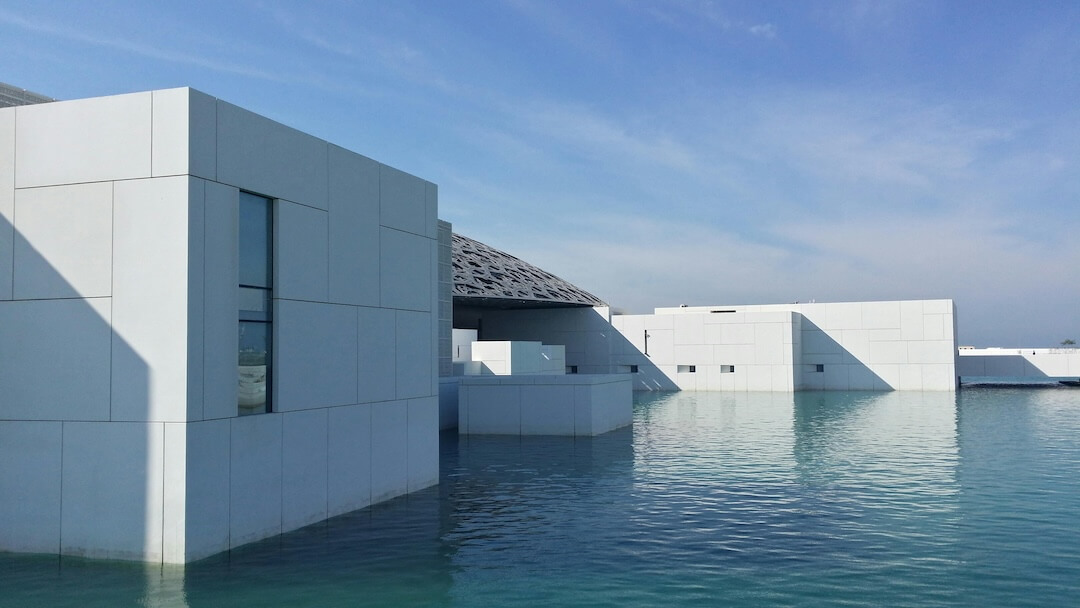What to Do if Your Pool Overflows

What to Do if Your Pool Overflows
If you live in Fort Lauderdale and notice that your swimming pool has suddenly overflowed, acting quickly is essential to prevent water damage, structural issues, and costly repairs. Pool overflows are often caused by equipment malfunctions, heavy rainstorms, or system failures. Recognizing the signs early and knowing the right steps to take can save your property and ensure your pool remains safe and functional. Here’s what you need to do if your pool overflows in Fort Lauderdale.
Assess the Situation Immediately
The first step when your pool overflows is to assess the severity of the overflow. Check whether the water is spilling over the edges of the pool deck or if the water level is rising rapidly. If the overflow is caused by a recent storm or heavy rain, it’s important to determine if the water is seeping into your home or basement, risking water damage.
In Fort Lauderdale, where weather can shift unexpectedly, having a pool water level monitoring system can be extremely helpful. If you notice the water is rising beyond the standard maximum level, stop the overflow from worsening by turning off the pool’s pump and filtration system immediately. This reduces pressure on the pool’s structure and prevents further water loss or damage.
Turn Off the Pool Pump and Circulation System
Turning off your pool’s pump and filtration system is a crucial step. An active pump can exacerbate the overflow, especially if there’s a leak or system malfunction. In Fort Lauderdale, many homeowners have specialized pool automation systems that allow quick control via smartphone or control panels. If your system is manual, simply switch off the power at the circuit breaker to prevent further water circulation.
By stopping the pump, you also prevent the water from circulating contaminated water into your system, which could cause damage or health hazards. It’s a simple yet effective step to minimize the damage and prepare for further action.
Examine the Cause of Overflow
Understanding why your pool overflowed helps in preventing future incidents. Common causes include faulty auto-fill valves, clogged skimmers, broken or malfunctioning overflow drains, or heavy rainfall exceeded the pool’s capacity. In Fort Lauderdale, intense storms can dramatically increase the risk of overflows, especially if the pool’s overflow system isn’t functioning properly.
Perform a visual inspection to identify visible leaks, broken pool equipment, or blockages. If you notice a leak or a malfunction in your overflow system, it’s advisable to call a professional pool technician specialized in Fort Lauderdale pool systems. They can conduct a comprehensive leak detection and repairs to ensure your pool’s integrity.
Remove Excess Water Safely
Once you’ve identified the cause, the next step is to remove excess water from your pool area, especially if it poses a flood risk to your property. Use submersible pumps, wet/dry vacuums, or sump pumps to carefully drain water away from your pool deck and surrounding areas.
It’s important to do this carefully and gradually to avoid creating further structural stress or damaging pool surfaces. For large overflows, professional water removal services in Fort Lauderdale can efficiently manage the drainage process, ensuring your property remains protected from water damage and mold growth.
Prevent Water Damage to Your Property
An overflow can lead to water seeping into your foundation, basement, or landscaping, causing significant damage. Fort Lauderdale homeowners should focus on waterproofing vulnerable areas and installing drainage systems that redirect excess water away from the house.
If water has entered your home, contact emergency water damage restoration professionals immediately. They can extract water, dry affected areas, and prevent mold growth. Acting swiftly not only protects your property but also helps maintain the value and safety of your home.
Contact Professional Pool Repair Services in Fort Lauderdale
Handling a pool overflow is often complex and requires specialized knowledge. For ongoing issues, such as persistent leaks or malfunctioning overflow drains, contacting licensed pool repair professionals in Fort Lauderdale is essential. Our experts can perform leak detection and repair, system upgrades, and preventative maintenance to ensure your pool’s safety and functionality.
Our professional technicians have access to advanced tools such as electrical testing equipment, pressure testing, and tracer gas leak detection that can pinpoint hidden issues. Investing in their expertise can save you money and hassle in the long run.
Maintain Regular Pool Inspection and Maintenance
Prevention is always better than cure. In Fort Lauderdale, where heavy rains, storms, and high humidity are common, establishing a routine pool maintenance plan is vital. Regularly check and service your auto-fill valves, overflow drains, and filtration systems to prevent overflows from occurring unexpectedly.
Maintain proper water levels, keep debris out of skimmers and drains, and schedule seasonal inspections with pool professionals. Proper maintenance helps in early detection of potential problems, saving you from costly emergency repairs in the future.
Install Flood Prevention and Overflow Management Systems
To further protect your Fort Lauderdale property, consider installing advanced flood prevention systems. These include automatic water level sensors, overflow alarms, and backup drainage systems that activate during heavy storms or system malfunctions.
Upgrading your pool’s infrastructure with these safety features can give peace of mind during Florida’s unpredictable weather. Many local pool companies in Fort Lauderdale offer customized solutions designed specifically for the region’s climate and terrain.
Understand Local Regulations and Insurance Coverage
In Fort Lauderdale, it’s essential to understand local building codes related to pool safety and water management. Ensure your pool’s overflow system complies with city regulations to avoid fines or legal issues.
Additionally, review your homeowner’s insurance policy to see if water damage caused by pool overflows is covered. Proper documentation and preventive measures can help streamline any claims process if damage occurs.
Final Thoughts
Dealing with a pool overflow in Fort Lauderdale requires swift action, careful assessment, and professional intervention. By turning off the system promptly, identifying the cause, and implementing preventative measures, you can protect your property from water damage and costly repairs. Regular maintenance and modern safety systems enhance your pool’s resilience against Florida’s weather challenges.
If you’re unsure about how to handle or prevent future overflows, don’t hesitate to contact our local Fort Lauderdale pool specialists. Their expertise in leak detection, emergency repairs, and flood prevention will ensure your pool remains a safe and enjoyable feature of your home. Remember, proactive steps today can save you time, money, and stress tomorrow.



